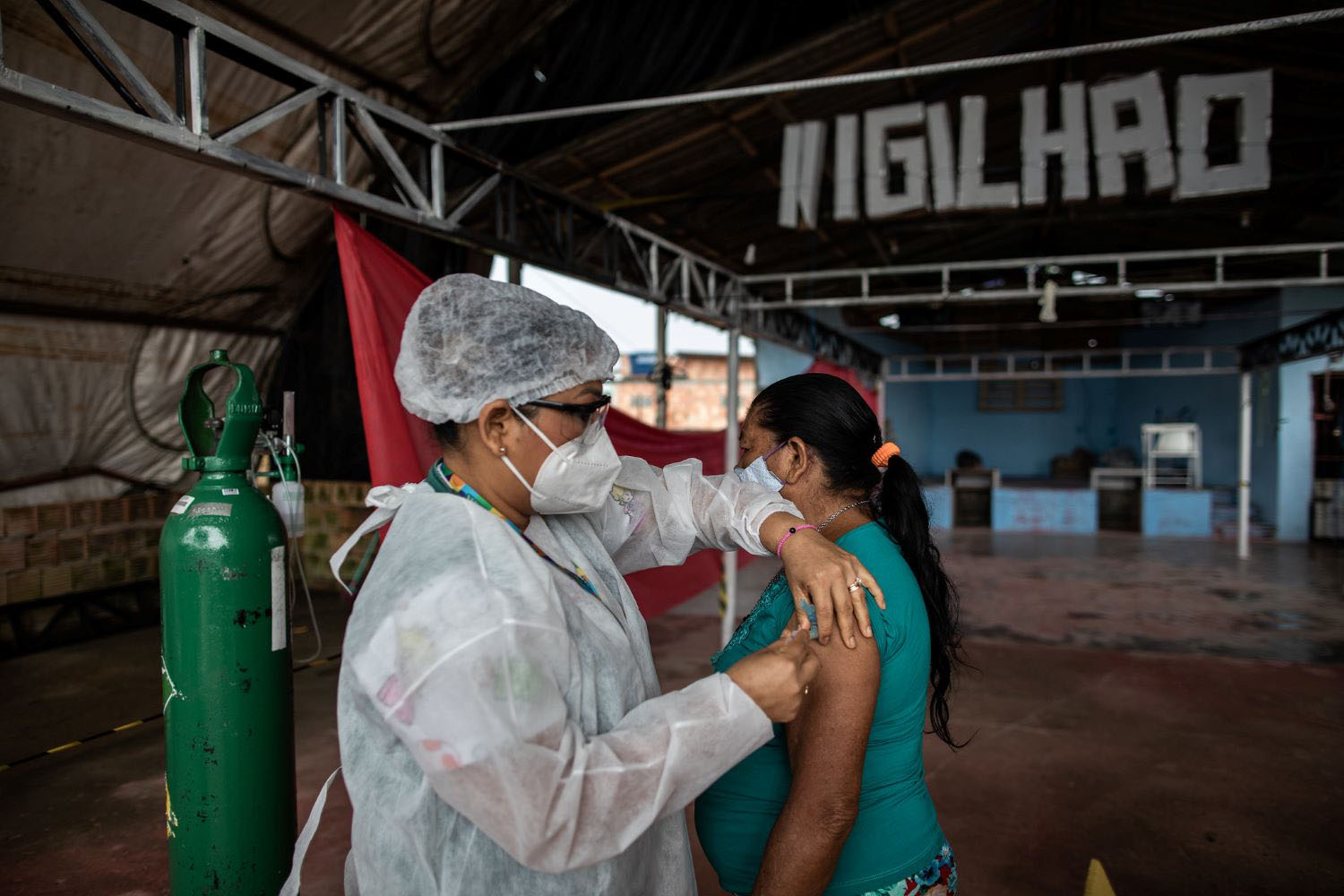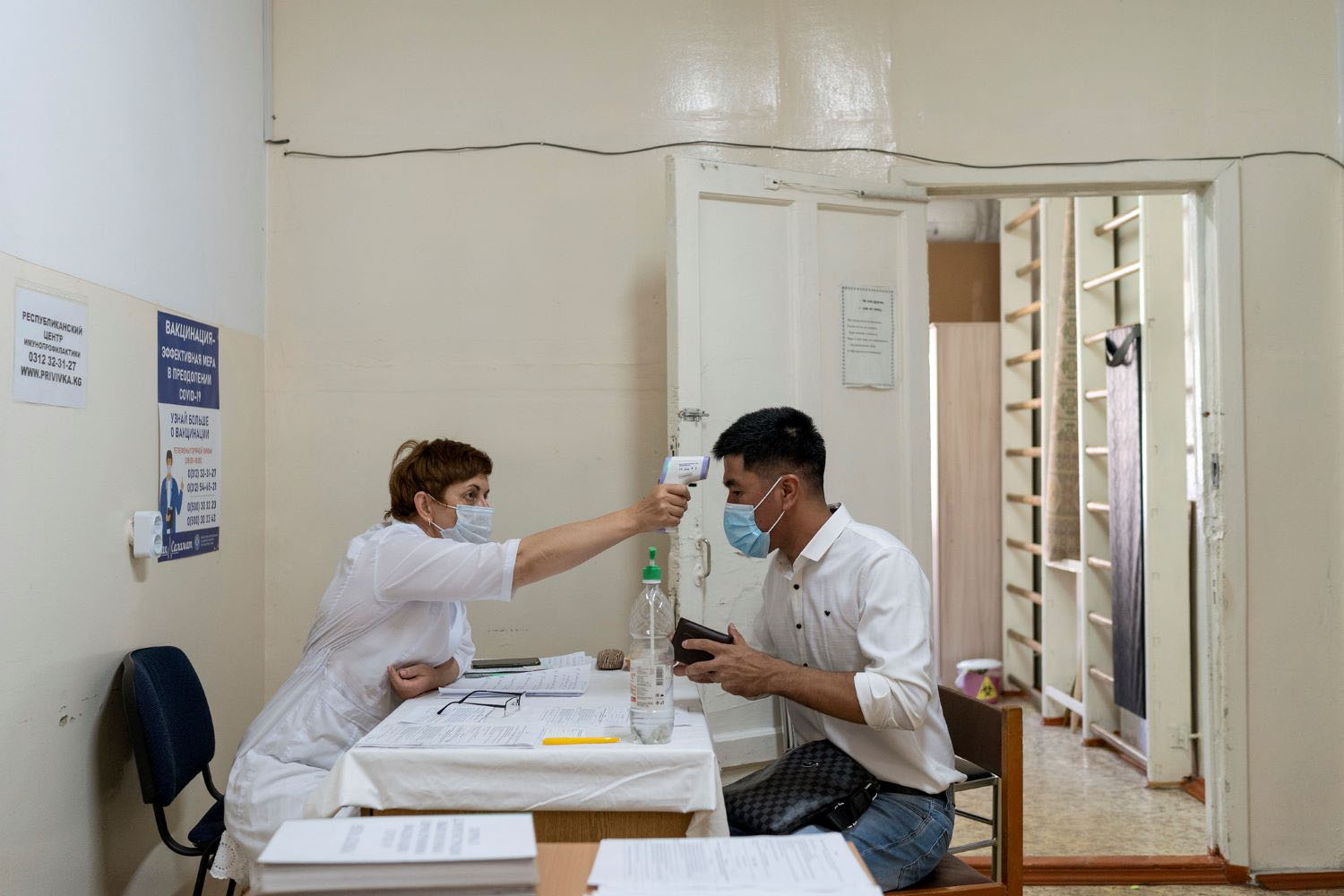David Dobbs in Slate has an interesting article about Advance Market Commitments, which sets out some possible objections to a winner-takes-all commitment (The latest idea in vaccine funding won't cure AIDS and malaria).Of course, a winner takes all prize isn't what is proposed in the report of the CGD Working Group, so the criticisms are well wide of the mark.A full response is below.Thank you to Slate and David Dobbs for drawing attention to the challenge of developing vaccines for diseases that kill millions of people each year in developing countries, such as malaria, tuberculosis and HIV (“The latest idea in vaccine funding won't cure AIDS and malariaâ€.) Our proposal for sponsors to guarantee to pay for new vaccines if they are developed has been well received by governments, the biotech and pharmaceutical industry, leaders in public health, and numerous public-private partnerships working on the development of new medicines. A wide range of experts recognizes that Advance Market Commitments have the potential to stimulate development of, and access to, desperately needed new vaccines by creating market incentives for the firms similar to the incentives that they have to develop new medicines for rich countries.Mr Dobbs suggests that the Advance Market Commitment proposal may be difficult to implement in practice. But the criticisms he cites are the result of a misunderstanding of what is proposed. We are happy to be able to clear them up now. An Advance Market Commitment would not be “winner-takes-allâ€. As Mr Dobbs rightly points out, that could lead to donors rewarding the manufacturer of an inferior vaccine that is produced quickly, instead of a preferable vaccine that could be developed later. In Making Markets for Vaccines (Chapter 3: Market Not A Prize) we explain how demand would be able to shift to the best available qualifying vaccines – in other words, the subsidy would go to better vaccines when they are available. This mechanism should allay any concern that there might be an incentive to develop mediocre vaccines quickly. The incentive is for manufacturers to invest private capital to create the best possible vaccine as quickly as they can, so that they capture the largest possible share of the premium market. It is designed to be a close parallel to the market for medicines in affluent countries – much more like the market that produces the medicines on which we and our children depend than a system that depends entirely on public or charitable funding.Mr Dobbs implies that there is a tension between supporting Advance Market Commitments and supporting public-private partnerships for the development of new vaccines. He says, “the AMC crowd assumes that public private partnerships won't suffice since they've presumably allowed the recent declines in investment and vaccination rates.†In fact, these partnerships are a key part of “the AMC crowd†– the idea is supported by all the main partnerships working on vaccines for neglected diseases, such as the Malaria Vaccine Initiative, the International AIDS Vaccine Initiative, the AERASGlobal Tuberculosis Vaccine Foundation, and PreventPneumo, all of which have encouraged policymakers to pursue the Advance Market Commitment approach. These partnerships are at the forefront of the recognition that commercial investment by the private sector is an essential complement to public funding to accelerate new vaccines – which is precisely what the commitment is designed to achieve. Mr Dobbs complains that our 13-page responseto these criticisms is “incomplete and unsatisfying†and worries that the design problems may be “intractableâ€. But as we have seen, the criticisms are of a proposal that nobody is making. Rather than defending a straw man, the broad group of experts that developed the Advance Market Commitment has been developing a detailed proposal for implementing the idea, working with the partnerships, industry representatives, the public health community and the G8 governments. As the ItalianFinance Minister’s report to the G7 Finance Ministers in December concluded, there is a widespread consensus among all the key stakeholders that Advance Market Commitments can be implemented in a way which, together with other sources of funding and working with the public private partnerships, could accelerate the development and use of new vaccines. That is why the G7 Governments have decided to pilot the idea during 2006. We welcome this discussion of the Advance Market Commitment proposal set out in the Making Markets for Vaccines and its subsequent evolution, and we would be happy to answer any questions. The G7 Governments, industry and public health community, are now working together to finalize the details of the pilot Advance Market Commitment, to harness the resources, energy and expertise of the biotech and pharmaceutical industries to tackle the world’s most pressing health problems.Owen BarderMichael KremerRuth LevineCo-authors, Making Markets for Vaccines
Disclaimer
CGD blog posts reflect the views of the authors, drawing on prior research and experience in their areas of expertise. CGD is a nonpartisan, independent organization and does not take institutional positions.





